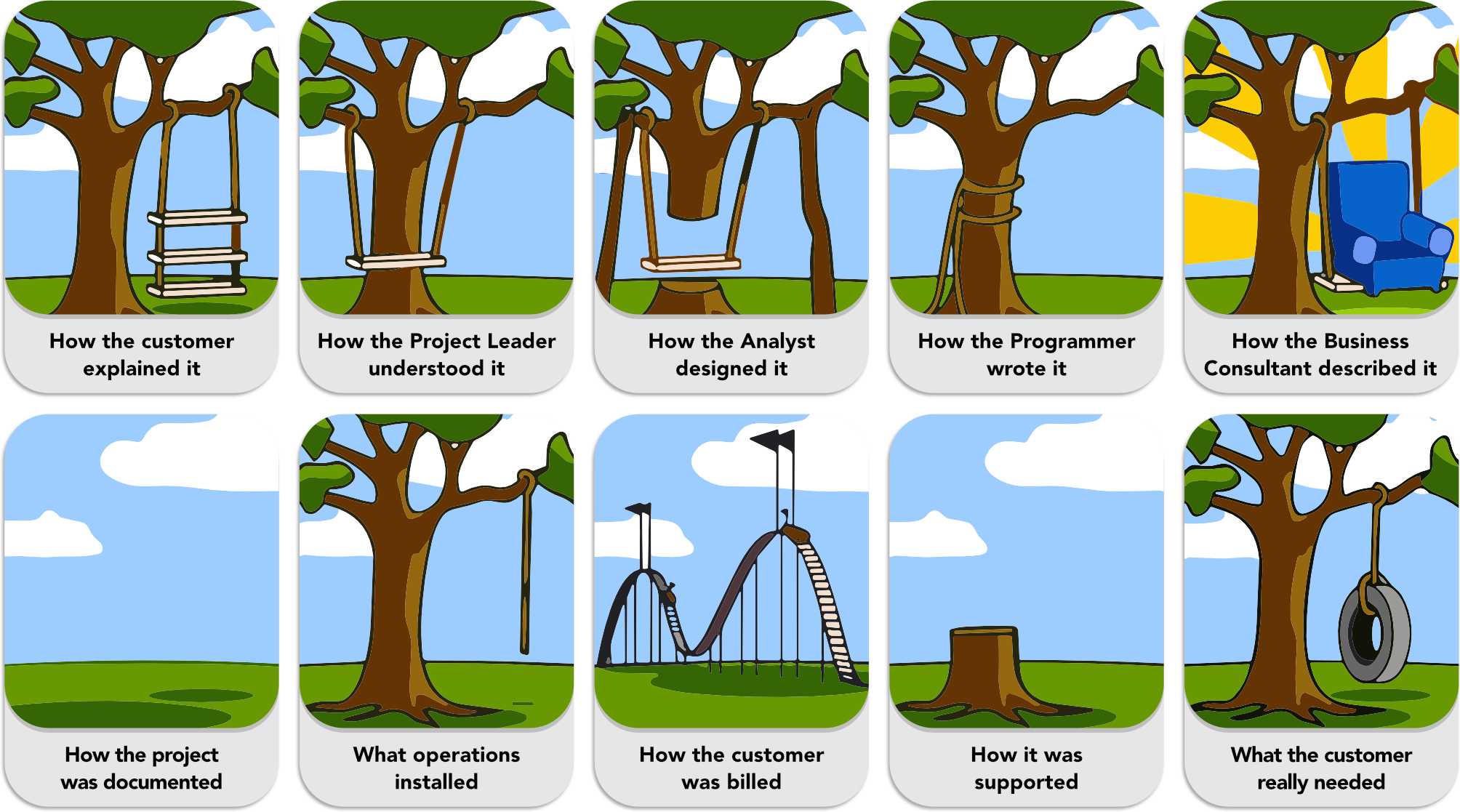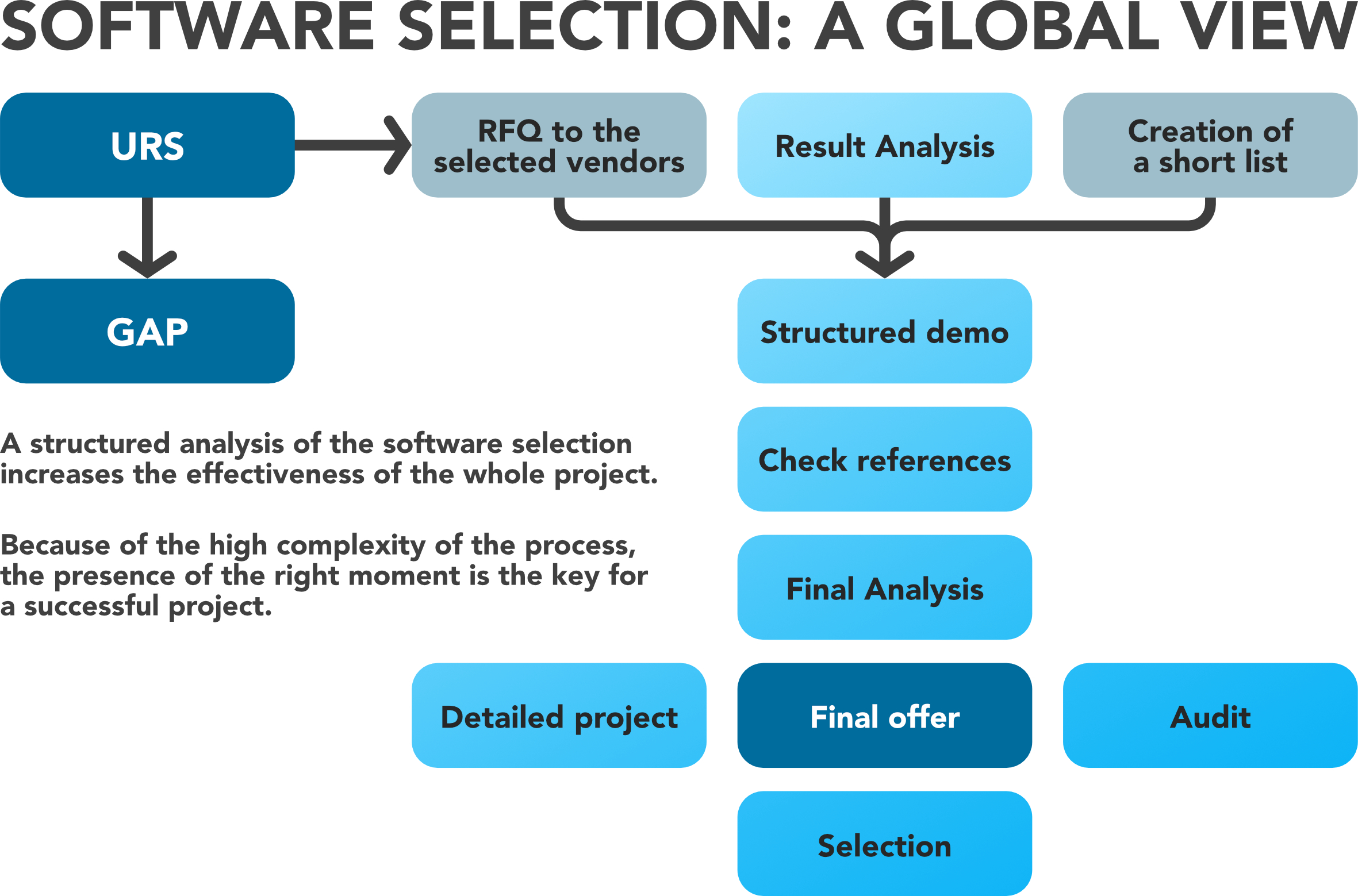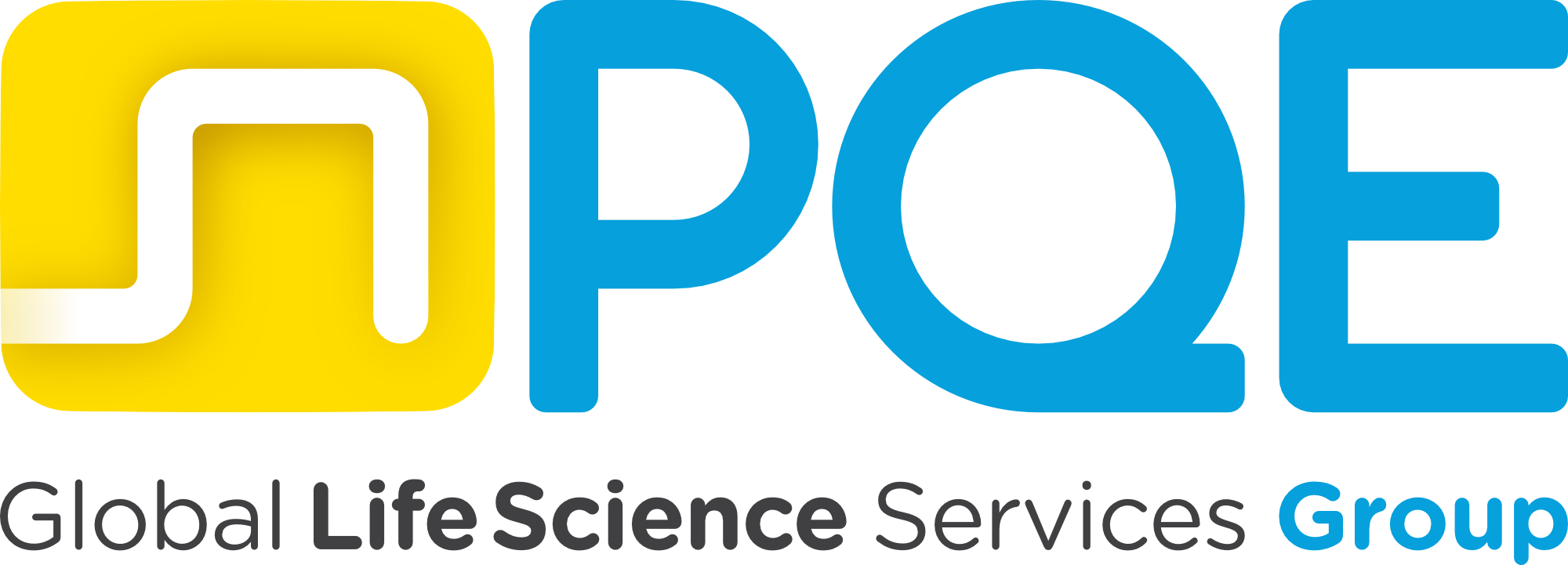The process of software selection entails the crucial task of identifying and evaluating software solutions that are tailor-made for an organization's specific requirements, avoiding customization of standard systems. This undertaking involves a meticulous analysis, comparison, and assessment of different vendors and systems in order to pinpoint the most suitable option that aligns with the organization's objectives. Undoubtedly, the significance of software selection cannot be overstated, as it directly impacts project timelines, costs, and overall success.

Throughout the software selection phase, customers often encounter a range of challenges, which can potentially result in suboptimal outcomes and setbacks. One notable challenge is not only the complexity of management systems, but also the knowledge and functional competencies of the working group (customer-system integrator working together) and project methodology.
PQE Group's Role in Assisting Customers in Software Selection
PQE Group, in partnership with its subsidiary DOTS, offers valuable expertise and a holistic approach to software selection. PQE Group assists its customers in overcoming challenges and accomplishing successful software selection in several ways, including helping the customer define, for every system:

- What the company wants to implement and defining functionalities. Organizations may find it daunting to define precise requirements that encompass both their current state and their envisioned future state. Additionally, they must also consider change management implications, further adding to the complexity of the task. PQE Group can help identify these requirements.
- Who will execute the project: one underestimated question is the skill and ability required in conducting the project:
- on the side of the system integrator: in the life science environment it is important that consultants have a deep knowledge of GMP, otherwise the risk of misunderstanding (and consequently, errors) is very high;
- on the side of the customer: it is important to have the correct staffing of resources, not only to ‘learn’ and test new system functionalities, but also to analyze the impact on the organization, to prepare the data, to change SOPs, etc.;
- When. The correct project timeline must be defined. The project timeline should be based upon the availability of resources. It is important to keep in mind that the life span of the functionalities of the system (URS) be approximately 10 years or more, regardless of the budget of costs and resources, while the project should carefully consider the capabilities and eventually ‘slice the elephant,’ creating the project with multiple waves.
PQE can support this process by providing:
- Skilled expert consultants that bring multiple years of expertise in pharma, medical devices and, in general, the entire life science environment;
- Methodology - specific methodology created with the expertise of multiple projects completed, from software selection through validation and launch;
- Tools - standards and knowledge base that have been developed over more than a decade.
Let’s have a quick look at the principal themes:
Define system functionalities utilizing Best Practices and Knowledge Base: PQE Group leverages a knowledge base within the lifecycle environment to guide stakeholder analysis, aligning the project with industry best practices, especially life science with GxP rules. This approach ensures that the analysis focuses on achieving optimal outcomes rather than incremental changes based solely on the current state.
Define system and project cost utilizing Standardized Request for Quotation (RFQ): PQE Group provides customers with the necessary standards to create consistent RFQs for potential vendors. This ensures comparable quotations and enables customers to evaluate system integrators based on how they address user requirements and deliverables, rather than solely focusing on the system itself. The RFQ considers not only the project cost but also maintenance and accessory costs (migration, training, etc.) using a clear definition of a RACI matrix and KPIs.
Structured Demonstration Presentations: PQE Group emphasizes structured demonstration (demo) presentations that serve as proof of concept and are comparable among potential vendors. By involving the entire project group, including key users and vendor consultants, PQE Group ensures effective communication and collaboration, leading to better decision-making.
This phase is generally time consuming, and for this reason the demos:
- are defined after the short list definition has been developed (in order to avoid loss of time);
- require the presence of the future working group in order to evaluate the comprehension of this group and assess the correct staffing for the project;
- ensure that the theme of the demo is predefined and homogeneous in order to correctly evaluate how different vendors manage the same topic.
Vendor Audit for Quality Assurance: PQE Group conducts audits of vendors to evaluate the quality of their processes and deliverables, including documentation. This step helps customers understand the expected quality throughout the project, minimizing risks and ensuring satisfactory outcomes.
Establishing the Project Correctly: PQE Group recognizes that the initial stage of a project is crucial even before software selection. By emphasizing the clear definition of requirements and involving key users in the analysis of the entire process flow, PQE Group ensures a solid foundation for project success. PQE can also identify any weaknesses the customer might have and provide a dedicated figure (such as project managers, functional experts, data migration experts, etc.) to ensure these weaknesses are strengthened.
Benefits of PQE Group Group’s Approach to Software Selection
Cost Reduction: PQE Group's methodology minimizes the risk of additional costs, during both software selection and throughout the implementation project, by preventing scope reductions without alternative solutions. It ensures that system integrators fulfill the requirements identified during software selection, holding them accountable for any shortcomings.
Resource Optimization: Accurate estimation of internal resources and the creation of a detailed RACI matrix enables customers to effectively allocate tasks and responsibilities. This prevents misunderstandings and ensures that both the customer and system integrator execute their respective tasks correctly, avoiding extra costs arising during project phases that can affect the project.
Improved Testing and Validation: Detailed user requirements outlined in the contract facilitate monitoring of Key Performance Indicators (KPIs) during project testing, ensuring that the project scope remains intact and aligns with the organization's goals. This streamlines the validation process and promotes adherence to Good Manufacturing Practices (GMP) and industry regulations.
The process of selecting software is a crucial phase in IT projects, and it presents various challenges that can hinder success and consequently should be considered as the first phase of the entire project and not as something separate. However, with PQE Group's specialized knowledge and comprehensive approach, customers can overcome these challenges with ease. PQE Group places great emphasis on precise requirement definitions, standardized processes, and thorough vendor evaluation, all aimed at helping customers choose the most suitable software solution while mitigating risks, cutting costs, and ensuring smooth project implementation. With PQE Group's support, organizations can embark on their software selection journey confidently and lay the foundation for a successful IT project.







